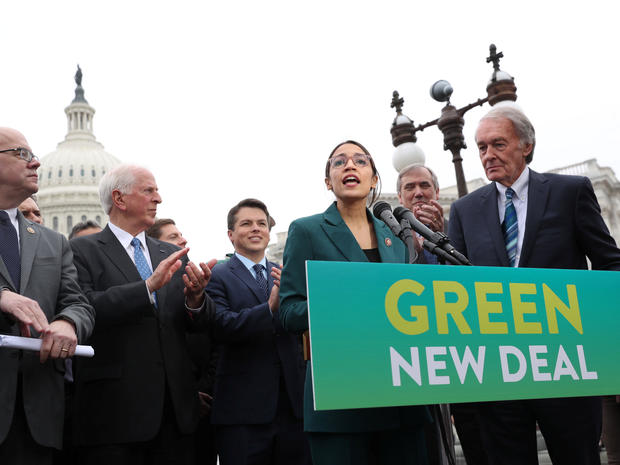Moscow — Russia’s Foreign Ministry has said Russian military personnel who arrived in Venezuela over the weekend have every right to be there. The rift between Russia and the United States over how to resolve the crisis in Venezuela widened following the weekend arrival of the Russian personnel, who are there to support Venezuelan President Nicolas Maduro. In Moscow’s first comment on the reports of the deployment, foreign ministry spokeswoman Maria Zakharova said in a statement late Tuesday that Russia had sent personnel “in strict accordance” with the Venezuelan constitution russian foreign news a bilateral agreement on military cooperation.
She did not elaborate on how many troops Russia has sent. Venezuela’s political crisis exacerbated after opposition leader Juan Guaido claimed interim presidency, and quickly got the support of dozens of nations, including the United States. The Trump administration has dubbed Maduro an illegitimate leader after a re-election deemed deeply flawed by democratic standards. Sources have told CBS News national security correspondent David Martin that U. 100 people were on Russian planes that landed in Venezuela over the weekend. It wasn’t clear what kind of equipment was brought in, and Russia has routinely sent military trainers, advisers and technicians to Venezuela, but 100 was considered more than routine.
The influx of Russian forces, reportedly with intelligence officers among them, prompted U. Secretary of State Mike Pompeo to call his Russian counterpart on Monday and warn him, “that the United States and regional countries will not stand idly by as Russia exacerbates tensions in Venezuela. The continued insertion of Russian military personnel to support the illegitimate regime of Nicolas Maduro in Venezuela risks prolonging the suffering of the Venezuelan people who overwhelmingly support interim President Juan Guaido,” asserted Pompeo, according to the State Department’s readout on the phone call. In Moscow, the Russian Foreign Ministry acknowledged the conversation but said Lavrov had “emphasised that Washington’s attempts to organise a coup d’etat in Venezuela and threats to its legitimate government are a violation of the UN Charter and blatant interference in the domestic affairs of a sovereign state.

This material may not be published, broadcast, rewritten, or redistributed. The Associated Press contributed to this report. Can Apple Card really disrupt the credit card market? Russian Foreign Minister Sergey Lavrov has arrived in Qatar as part of a tour across the Gulf countries aimed at discussing bilateral trade, energy, investment and regional issues including Syria, Yemen, Libya and Palestine. Lavrov is scheduled to travel to Saudi Arabia, Kuwait and the United Arab Emirates after his first stop in the Qatari capital Doha on Monday. Russian media reported that Lavrov, in his talks with Qatari officials, would discuss the “implementation of the top-level agreements, projects in the energy sector, industry, agriculture and the peaceful use of outer space”.
5bn deal to acquire nearly 20 percent of Russia’s state oil company Rosneft. Ties between the two countries have stepped up since Qatar’s blockade by Saudi Arabia, the UAE, Egypt and Bahrain in 2017. Russia has consistently called for an end to the crisis through negotiations. Gulf countries, Lavrov is hoping to gather support to deal with the situation in Syria. Syria, which is part of the reconstruction process in the country,” said Fraihat. Russia is trying to find an opportunity for itself where it can play a role in the politics of the Middle East. Turn on desktop notifications for breaking stories about interest?
Turn on desktop notifications for breaking news? Greek pensioners take part in an anti-austerity protest in Athens, Wednesday, March 27, 2019. 4 5 1 4 1 2 1 . A screenshot from the Russian Foreign Ministry’s website. MOSCOW — Russia’s Foreign Ministry got into the fake news business in a splashy way on Wednesday. That dark art seems to emanate from other, even more opaque branches of the Russian government.
Russia actually announced something of a fake news double whammy, since the defense minister, Sergei K. Shoigu, told Parliament on Wednesday that the military had created a special task force assigned to wage information warfare, although he did not provide any details. That was no surprise to officials in the United States and Europe, who have been grappling with the Kremlin’s information warfare for at least the last two years. It was hard for some critics to take the ministry’s fake news detector seriously, and some suggested that inclusion there was something of a badge of honor, an indication that the article had hit close to home. The Foreign Ministry has become a propaganda wing serving the Kremlin rather than a diplomatic service that establishes foreign policy, said Alexei A. Venediktov, the longtime editor of the respected Echo of Moscow radio station. Zakharova introduced the fake news section during her weekly, nationally televised briefing.





